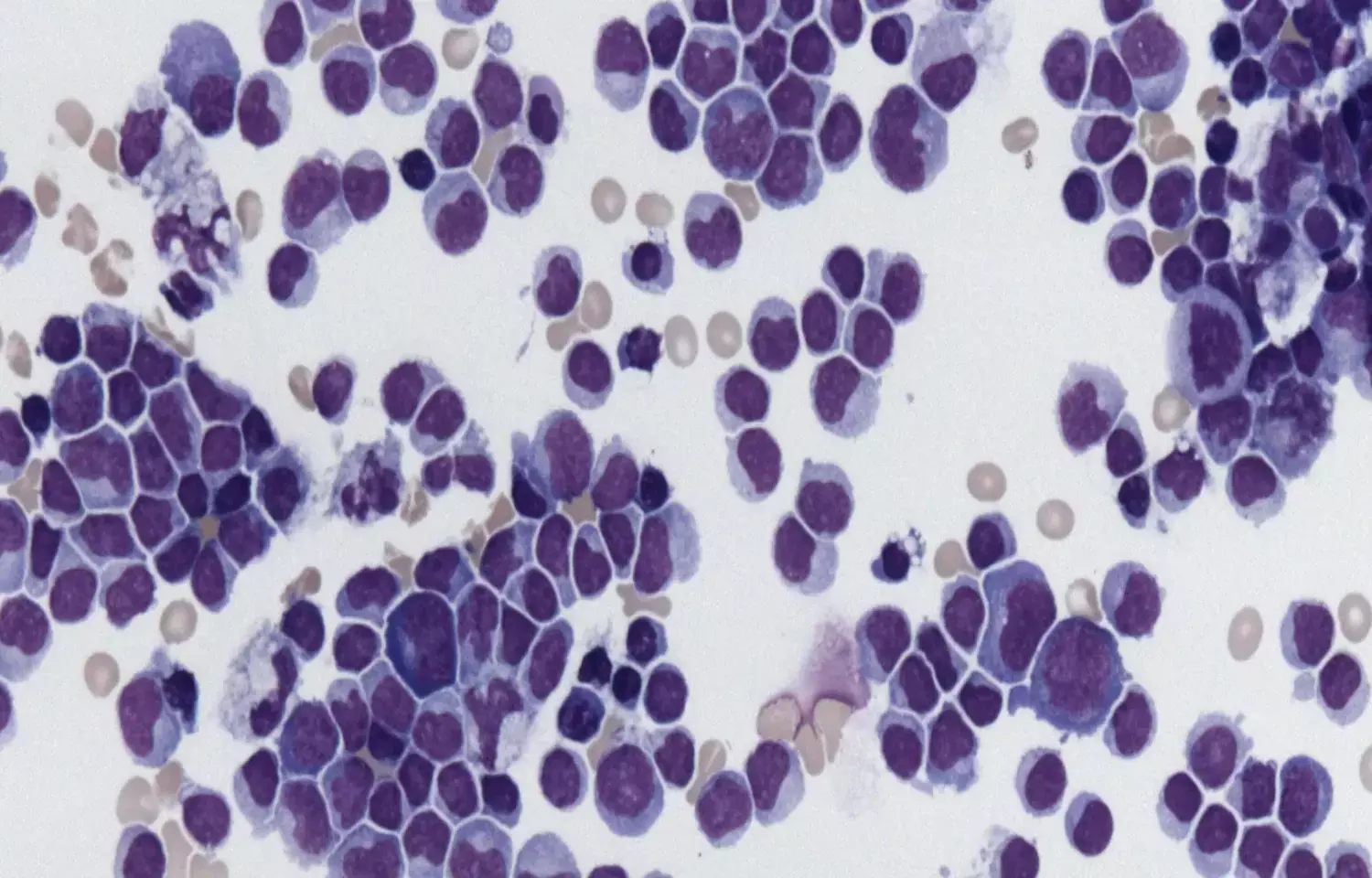- Home
- Medical news & Guidelines
- Anesthesiology
- Cardiology and CTVS
- Critical Care
- Dentistry
- Dermatology
- Diabetes and Endocrinology
- ENT
- Gastroenterology
- Medicine
- Nephrology
- Neurology
- Obstretics-Gynaecology
- Oncology
- Ophthalmology
- Orthopaedics
- Pediatrics-Neonatology
- Psychiatry
- Pulmonology
- Radiology
- Surgery
- Urology
- Laboratory Medicine
- Diet
- Nursing
- Paramedical
- Physiotherapy
- Health news
- Fact Check
- Bone Health Fact Check
- Brain Health Fact Check
- Cancer Related Fact Check
- Child Care Fact Check
- Dental and oral health fact check
- Diabetes and metabolic health fact check
- Diet and Nutrition Fact Check
- Eye and ENT Care Fact Check
- Fitness fact check
- Gut health fact check
- Heart health fact check
- Kidney health fact check
- Medical education fact check
- Men's health fact check
- Respiratory fact check
- Skin and hair care fact check
- Vaccine and Immunization fact check
- Women's health fact check
- AYUSH
- State News
- Andaman and Nicobar Islands
- Andhra Pradesh
- Arunachal Pradesh
- Assam
- Bihar
- Chandigarh
- Chattisgarh
- Dadra and Nagar Haveli
- Daman and Diu
- Delhi
- Goa
- Gujarat
- Haryana
- Himachal Pradesh
- Jammu & Kashmir
- Jharkhand
- Karnataka
- Kerala
- Ladakh
- Lakshadweep
- Madhya Pradesh
- Maharashtra
- Manipur
- Meghalaya
- Mizoram
- Nagaland
- Odisha
- Puducherry
- Punjab
- Rajasthan
- Sikkim
- Tamil Nadu
- Telangana
- Tripura
- Uttar Pradesh
- Uttrakhand
- West Bengal
- Medical Education
- Industry
New score can differentiate aseptic from bacterial meningitis in kids: Study

Spain: The meningitis score for emergencies (MSE) can be used for accurate distinction of bacterial from aseptic meningitis in children having cerebrospinal fluid (CSF) pleocytosis, suggests a recent study in the AAP journal Pediatrics.
The study included 1009 children (aged between 29 days and 14 years) with meningitis admitted to 25 Spanish emergency departments. A retrospective cohort from between 2011 and 2016 was used as the derivation set and a prospective cohort recruited during 2017 and 2018 was used as the validation set.
Key findings of the study include:
- There were 917 cases of aseptic meningitis and 92 of bacterial meningitis.
- Using multivariable logistic regression analysis, the researchers identified the following predictors of bacterial meningitis from the derivation set: procalcitonin >1.2 ng/mL, cerebrospinal fluid (CSF) protein >80 mg/dL, CSF absolute neutrophil count >1000 cells per mm3, and C-reactive protein >40 mg/L.
- Using the derivation set, the researchers developed the MSE, assigning 3 points for procalcitonin, 2 points for CSF protein, and 1 point for each of the other variables. An MSE ≥1 predicted bacterial meningitis with a sensitivity of 100%, a specificity of 83.2, and a negative predictive value of 100%.
"Our findings demonstrate that the MSE accurately distinguishes bacterial from aseptic meningitis in children with CSF pleocytosis," concluded the authors.
The study "Clinical Prediction Rule for Distinguishing Bacterial From Aseptic Meningitis," is published in the American Academy of Pediatrics (AAP) journal Pediatrics.
DOI: https://pediatrics.aappublications.org/content/146/3/e20201126
Dr Kamal Kant Kohli-MBBS, DTCD- a chest specialist with more than 30 years of practice and a flair for writing clinical articles, Dr Kamal Kant Kohli joined Medical Dialogues as a Chief Editor of Medical News. Besides writing articles, as an editor, he proofreads and verifies all the medical content published on Medical Dialogues including those coming from journals, studies,medical conferences,guidelines etc. Email: drkohli@medicaldialogues.in. Contact no. 011-43720751


